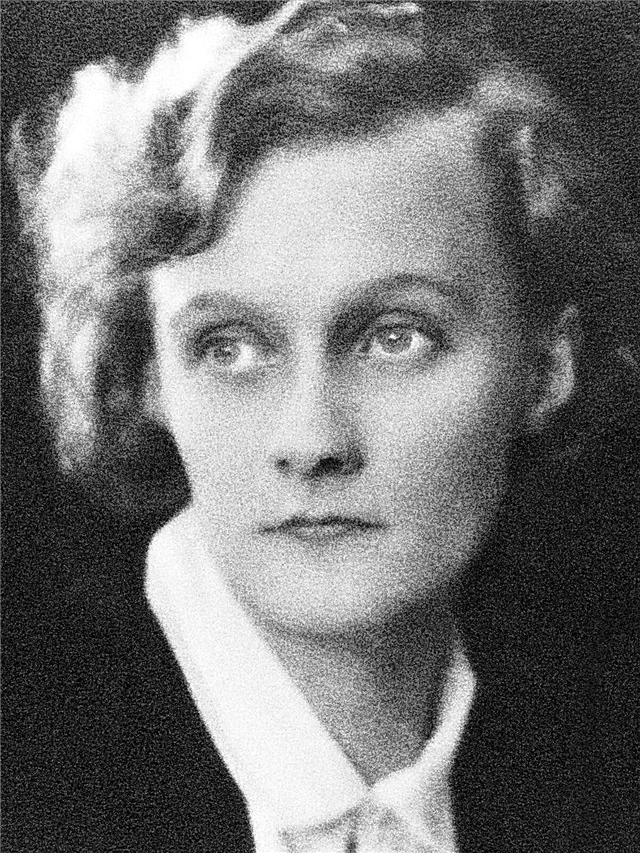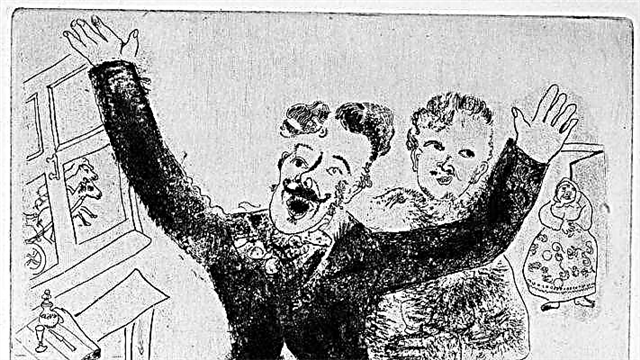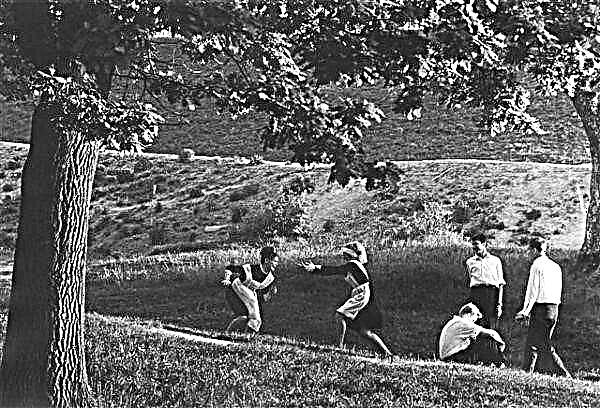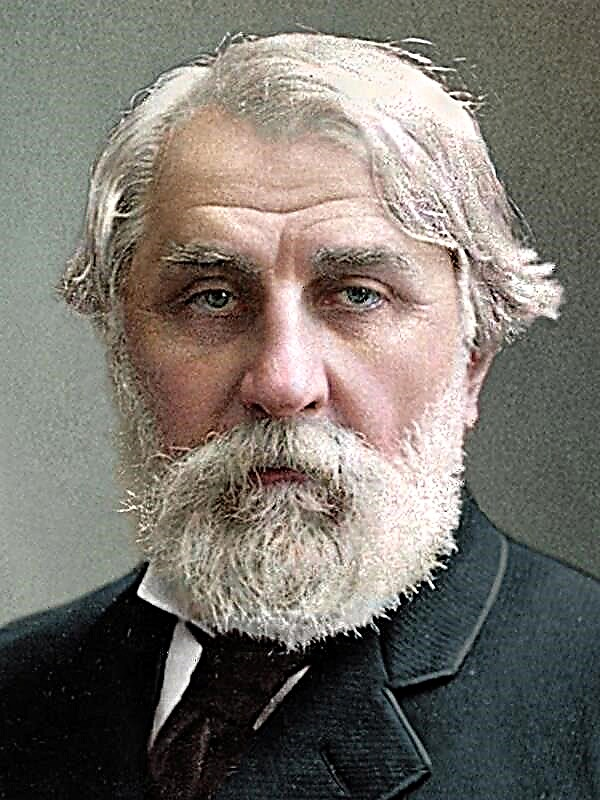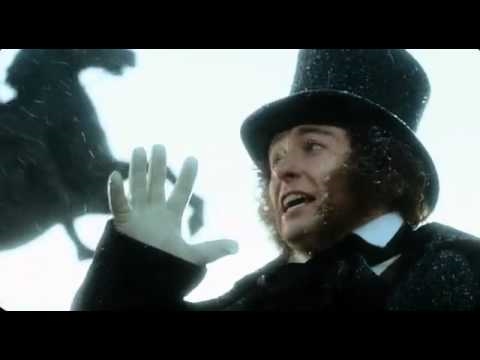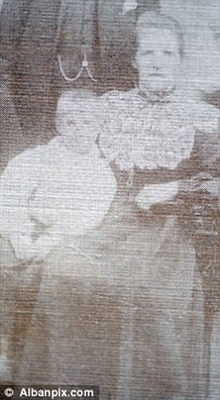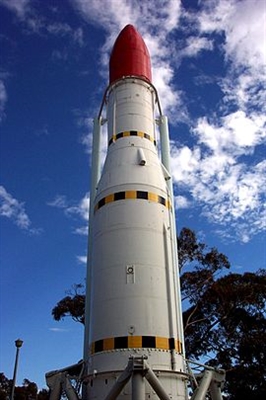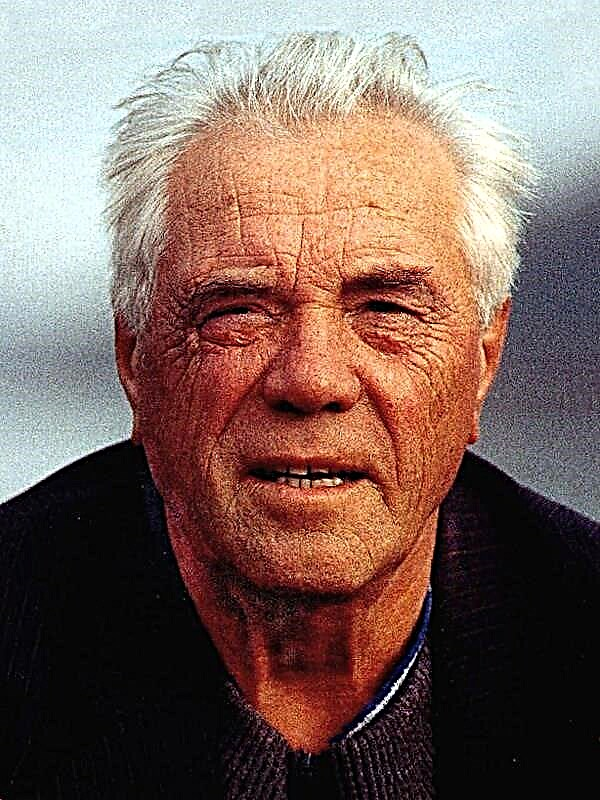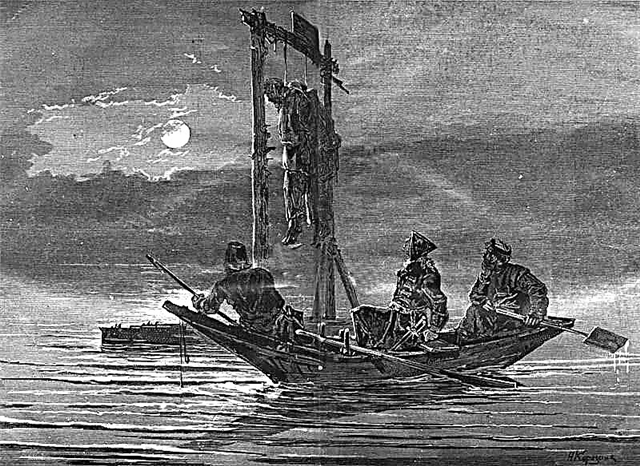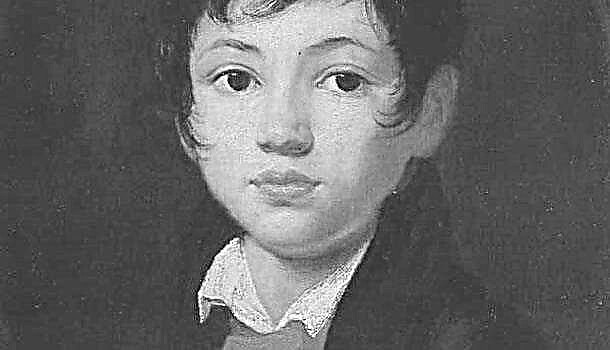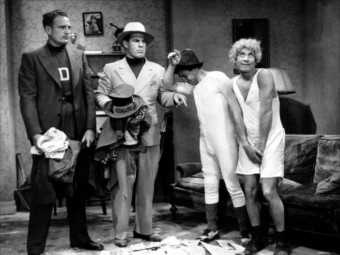Boris Leonidovich Pasternak (1890-1960) - Honored Russian poet and writer, whose works were awarded the honorary title of "Russian and foreign literary fund." His famous novel "Doctor Zhivago" made his author a Nobel laureate, and his translations are still in great demand among readers. The life and work of this man is the pride of all our compatriots.
Birth and childhood
On January 29, 1890, Boris Pasternak was born in Moscow. We recall that, in addition to Boris, the family had 3 more children.
The Pasternak family moved to Moscow from Odessa, which, incidentally, did not hit the old acquaintances of the creative parents. Father was an artist whose paintings were bought by the Tretyakov Gallery. It is worth saying that in Pasternak’s house Lev Tolstoy, Mr. Rakhmaninov, and, of course, the family of the composer Scriabin were frequent guests — it is from this acquaintance that the literary path of the future writer begins.
Youth and education
Pasternak dreamed of becoming a great musician, so he begins to take lessons from Scriabin. In 1901, Boris entered the second grade of the gymnasium while studying at the Conservatory. In 1909, Pasternak graduated from high school with a gold medal and entered the Moscow State University for History and Philology (it was then that Pasternak wrote his first poems), and already in 1912 he entered Margburg University in Germany, where he left with his mother.
He decides to give up philosophy and devote himself to literature, referring to the complete absence of musical ear. As a result, the end of his musical career occurred.
Creative way: collections, circles, success story
The first poems fall on the period 1910-1912, it was then that his lyrical hero is inspired by high feelings. The lines are shrouded in love, but not everything in the poet’s personal life was so “smooth”. He transfers the impressions of the break with his beloved in Venice to his poems. It was then that he became interested in such trends in literature as futurism and symbolism. He understands that in order to expand his path, he needs new acquaintances: he enters the Moscow Lyric Circle.
“The Twin in the Clouds” (1914) - Pasternak’s first collection of poems, followed by “Above the Barriers” (1916). However, it was the book "My Sister" (1922) that made him famous, after its release he became engaged to Eugenia Lurie.
Next come the books “Themes and Variations”, “Lieutenant Schmidt”, “Nine Hundred and Fifth Year” - this was an echo of Pasternak’s acquaintance with Mayakovsky and his entry into the literary association “Lef” in 1920-1927. Boris Pasternak is rightly considered to be the best Soviet poet, but because of his friendship with Akhmatova and Mandelstam, he falls under the "sharp-sighted Soviet eye" just like them.
In 1931, Pasternak left for Georgia, where he wrote poems included in the cycle "Waves"; in the same year he begins to translate foreign books, which include the literature of Goethe and other famous foreign writers. Immediately after World War II, Pasternak wrote the famous novel Doctor Zhivago, which became the main work in his work. In 1955, "Doctor Zhivago" was completed after 10 long years.
Personal life
In personal relations, the poet had a real confusion. Even in his youth, he gave his heart to the artist Eugenia Lurie, she gave birth to his first child. However, the woman was distinguished by a strong and independent disposition; she was often jealous of her husband for numerous acquaintances. The bone of contention was correspondence from Marina Tsvetaeva. The couple divorced.
Then a long relationship began with Zinaida Neigauz, a calm and balanced woman who forgave a lot to her husband. It was she who gave the creator the serene atmosphere of her homeland. However, soon the editor of the New World, Olga Ivinskaya, appeared in his life. She lives next door and soon becomes the author's muse. He actually lives in two families, and both women pretend that nothing is happening.
For Olga, this relationship became fatal: she receives 5 years in the camps for acquaintance with the disgraced poet. Parsnip feels guilty and helps her family in every way.
Harassment and death
The authorities tried in every possible way to expel Pasternak from the country for "false coverage of facts" and "incorrect worldview." He was expelled from the Writers Union. And this played a role: the writer refused the award and expressed his bitterness in the poem “Nobel Prize”.
In 1952, he suffered a heart attack, the following years went under the yoke of the disease. In 1960, Boris Pasternak died.

